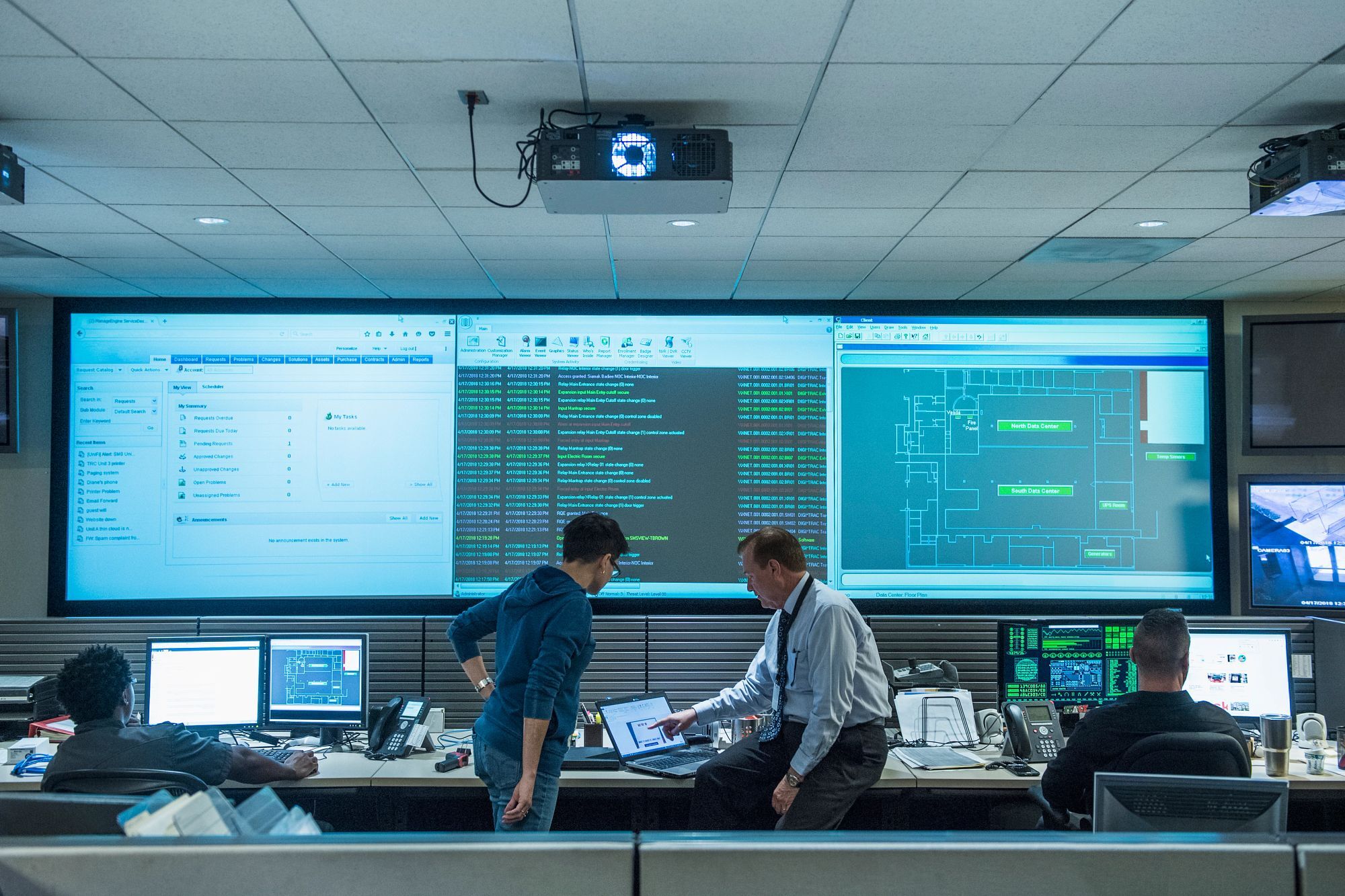Moving Beyond Human Error in Biopharma Operations and CAPA Programs

It was a pleasure to collaborate as this topic applies to any function supporting pharma operations – QA, maintenance, QC and tech services. Every function designs its systems, procedures and workflows to get work done, and the interface between systems is where the risk of failure is highest. When events occur, we often drill down for specific reasons -- operator training, documentation clarity, variability in work conditions at the time of execution, etc. But we often fail to see the hand-offs between people in carrying out a task; the setup by one person and implementation by another, cleaning by one person and sampling by another, etc. We need to shift our focus to sometimes drill down more deeply and other times to step back and look at the factors that created the context which permitted an event to occur.
The roundtable panelists mentioned the value of operational learning, especially proactive learning through pre-and post-job briefs, and the application of learning teams. Creating opportunities for feedback from operations is the fuel for operational improvement. This requires building in the time for operational learning. For example, a production run in pharma operations is not complete until the documentation/batch record is finished and available for QA review and disposition. A new paradigm to consider is that batch setup and teardown is not complete unless it includes a pre -and post-job brief.
We hope these articles will help you see more clearly what actions you can take in your operations to ensure there is ongoing operational learning. We welcome your feedback and examples of how proactive operational learning is embedded in your operations.
How NSF Can Help You
Get in touch to find out how we can help you and your business thrive.

What’s New with NSF

NSF Granted Reauthorization as a CMMC Third-Party Assessment Organization
January 8, 2025
Sustainable Foods Summit 2025
January 2, 2025
NSF Celebrates 50 Years of the Safe Drinking Water Act
December 16, 2024